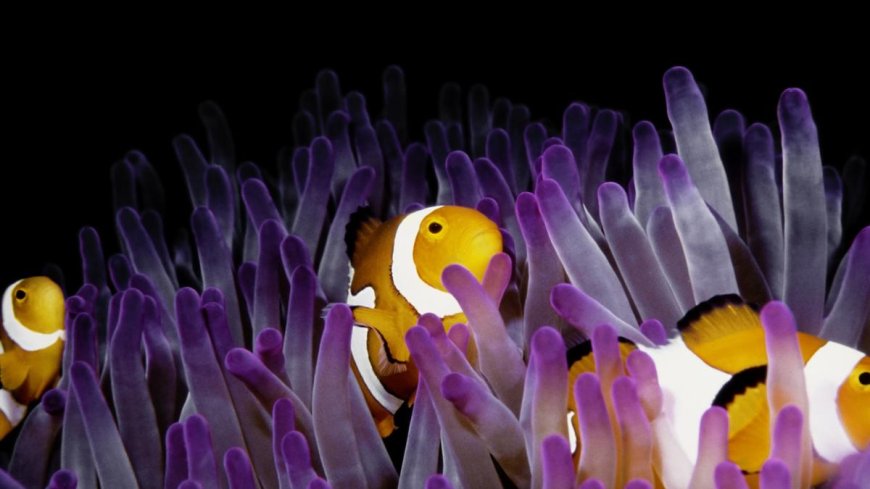In a marine heatwave, clownfish get small to get by

In a Marine Heatwave, Clownfish Get Small to Get By
Breaking News, Daily Updates & Exclusive Stories - asarkari
In a groundbreaking discovery, researchers have uncovered that clownfish have a remarkable survival strategy during marine heatwaves: they can shrink their bodies significantly, which leads to a staggering 78% reduction in mortality rates. This new research offers promising insights into how climate change affects marine life and could pave the way for future conservation efforts. The study, published recently in a leading marine biology journal, highlights the astonishing adaptability of these iconic fish.
The Science Behind the Shrinkage
Clownfish, well-known for their vibrant colors and close association with sea anemones, have exhibited a fascinating physiological response to rising ocean temperatures. According to the researchers, this unique adaptation allows clownfish to reduce their body sizes to cope with the stress caused by heatwaves. This shrinkage appears to enhance their survival, as it enables them to require fewer resources and reduces metabolic stresses that can increase mortality rates.
Research Insights and Methodology
The study involved extensive underwater observations and controlled experiments simulating marine heatwave conditions. Researchers monitored clownfish populations in various coral reef environments, documenting their survival rates under extreme temperature fluctuations. The results suggested that clownfish capable of shrinking their bodies had a significantly lower mortality rate compared to those that could not adapt in this manner.
Lead researcher, Dr. Priya Chaudhary, stated, “Understanding how clownfish manage to survive heat stress is not just about thefish itself, but offers valuable insights into the resilience of marine ecosystems as a whole.” This information could be crucial in creating strategies to protect marine biodiversity in an era of rapid climate change.
Implications for Marine Conservation
As the frequency and intensity of marine heatwaves continue to rise due to climate change, the ability of clownfish and other species to adapt may play a critical role in ecosystem dynamics. The findings emphasize the need for targeted conservation efforts that consider the adaptive capacities of various marine species.
Preserving coral reef habitats that support these unique adaptations will be essential for the future of clownfish and the myriad species that depend on coral ecosystems. Dr. Chaudhary and her team advocate for increased marine protected areas and initiatives aimed at reducing greenhouse gas emissions to mitigate climate change effects.
A Call to Action
As stewards of our planet, it is vital for individuals and organizations to engage in discussions about marine conservation and climate action. With the alarming trends of heatwaves affecting marine populations worldwide, awareness and education are more important than ever. Collaborative efforts between governments, researchers, and the public can initiate significant changes to protect our oceans.
Conclusion
This groundbreaking study sheds light on the incredible adaptability of clownfish and raises important questions about the future of marine wildlife. Understanding these complex interactions between organisms and their environment is essential for crafting effective conservation strategies. The remarkable ability of clownfish to shrink during heatwaves not only offers hope for their survival but also serves as a reminder of the urgent need to protect our oceans from the ongoing impacts of climate change.
For more updates, visit asarkari.com.
Keywords:
marine heatwave, clownfish shrinking, climate change impact, marine conservation, adaptation in marine life, coral reef ecosystems, fish survival strategyWhat's Your Reaction?
 Like
0
Like
0
 Dislike
0
Dislike
0
 Love
0
Love
0
 Funny
0
Funny
0
 Angry
0
Angry
0
 Sad
0
Sad
0
 Wow
0
Wow
0










































